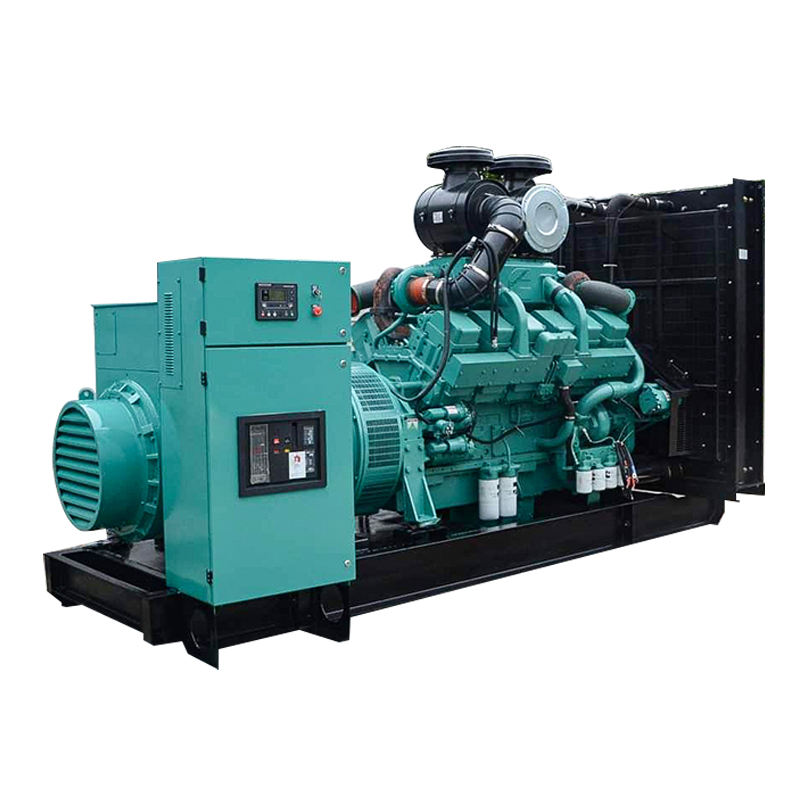Unveiling the Marvel of Engine Generators
Have you ever wondered what keeps the lights on during a power outage or how construction sites manage to operate heavy machinery in remote locations? The answer lies in engine generators. These powerhouses are designed to convert mechanical energy into electrical energy, providing a dependable source of power when you need it most.
Understanding the Mechanics
So, how does an engine generator work? In simple terms, an engine generator consists of two main components: an engine and an alternator. The engine, often powered by diesel, gasoline, or natural gas, drives the alternator, which then produces electrical energy. This energy can be used to power various appliances, equipment, and even entire buildings.
The Versatility of Engine Generators
Engine generators come in all shapes and sizes, catering to a wide range of applications. From portable generators that can be easily transported to large industrial units, there's an engine generator for every situation. Some common uses include:
- Emergency power backup for homes and businesses
- Standby power for hospitals, data centers, and other critical infrastructure
- Primary power for remote construction sites, mining operations, and off-grid homes
- Temporary power for events, festivals, and film productions
Choosing the Right Engine Generator
With so many engine generators on the market, it's essential to consider your specific needs before making a purchase. Factors to consider include:
- Power requirements: Determine the total wattage of the devices you'll be powering to ensure your generator can handle the load.
- Fuel type: Diesel generators are typically more fuel-efficient and have longer run times, while gasoline generators are often less expensive and easier to maintain.
- Portability: If you need a generator that can be easily moved, look for a lightweight, compact model with built-in wheels and handles.
- Noise level: For residential or noise-sensitive applications, opt for a generator with low decibel ratings.
Maintaining Your Engine Generator
To keep your engine generator running smoothly, regular maintenance is crucial. Some basic maintenance tasks include:
- Checking and changing oil: Most generators require an oil change every 50-200 hours of operation.
- Inspecting air filters: Clean or replace air filters as needed to ensure optimal engine performance.
- Checking and replacing spark plugs: Worn-out spark plugs can cause poor engine performance and increased fuel consumption.
- Testing batteries: Ensure your generator's battery is in good condition and can provide reliable starting power.
Harnessing the Power of Engine Generators
Now that you understand the ins and outs of engine generators, it's time to explore how they can benefit your life or business. Whether you need a reliable backup power source or a portable solution for remote operations, engine generators offer unmatched versatility and dependability.
Discover More About Engine Generators
For more detailed information on engine generators, including product specifications, pricing, and maintenance tips, visit our official website. Our team of experts is always on hand to answer any questions and help you find the perfect generator for your needs.
For more detailed information, please visit our official website: engine generator





